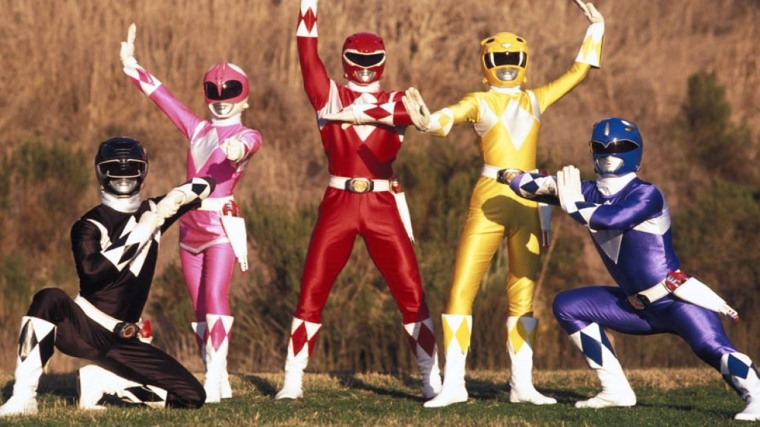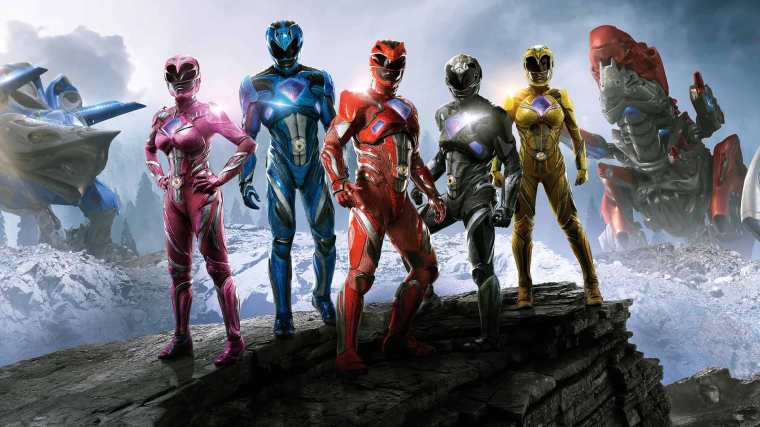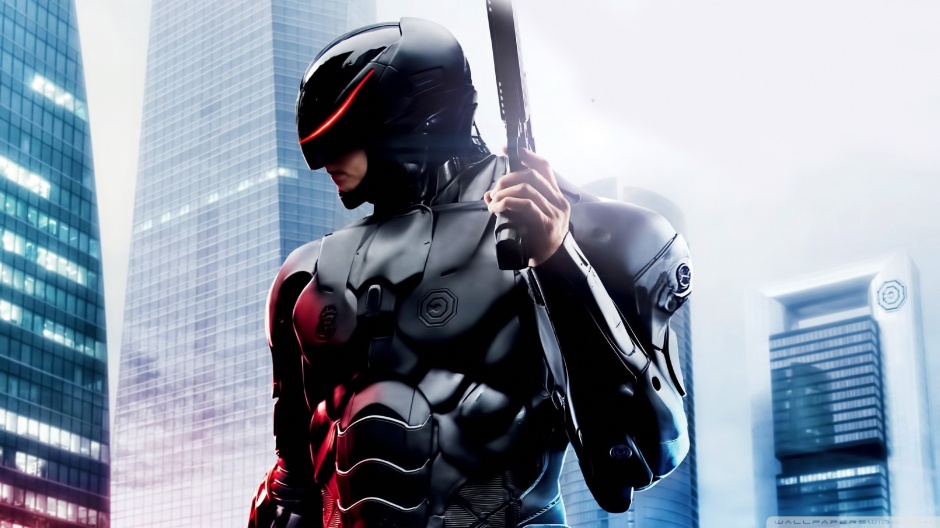For a long time my metric for how good a movie is has been the emotional response it evokes in me. I figure that regardless of the budget or the quality of the special effects, acting, music, or story, if it pulls at the heartstrings in all the right moments then the movie is a success. If it leaves a positive emotional impact, then whatever vision the director had was realised.
The problem with this metric is that it is subjective. Not only to each individual, but even within my own movie-going history. I change. We all do. What resounds with me today may not have a year ago, and what bothered me a year ago might simply produce a shrug today. Even on a day-to-day basis, our mood going into a movie can drastically change how we receive it.
Yet there is an inescapable satisfaction to be had when a movie truly inspires you. When you don’t simply walk out of the theatre with the feeling you got your money’s worth, but with a resolution to redouble your efforts in that one pursuit you’re ready to give up on. When you’re inspired to pick yourself up, shake off the dust, and continue striving towards your goal.
For me, The Amazing Spider-Man 2 was such a film. It seems almost a shameful admission to make, because it means that in spite of the pockets this film will fill and the gears of the corporate machine it will grease, it was still a creative success. It’s often easier to turn up our noses at blockbusters because of the corporate greed they so often fuel, yet I must concede that this one really worked.
But I’ve beaten around the bush enough. I hate it when a review simply states, “this is a must see!” without reason, so I will give mine. Let’s start with the formalities: The Amazing Spider-Man 2, released this year, was an expensive film to make. It has the dazzling special effects (or “sparkles”) that you would expect of a movie starring a super-villain who controls electricity, and they do look fantastic. Some creative angles were used in capturing Spider-Man’s movement throughout Manhattan – an exhilarating over-the-shoulder perspective among others.
The acting was ideal: Andrew Garfield continues to be the perfect match for Spidey’s light-humoured temperament and has some great on-screen chemistry (both in-suit and out) with Emma Stone’s Gwen Stacey (undoubtedly made all the more authentic by the fact that they’re also a couple in real life), who in turn shows she has the acting finesse to match that adorableness. Sally Field portrays Aunt May with credibility and gravitas (and I’m pretty sure she sees right through Peter’s feeble excuses for his erratic behaviour), and Jamie Foxx brings just enough personality to his character arc for him to be more memorable than a typical villain. My only qualm with regards to acting was with Dane DeHaan who played Harry Osborn, because he came on a bit too strong too early in the story. Since seeing him in Chronicle I fear he’s been typecast as the angsty adolescent with much to prove and little tact to prove it with.
The music isn’t something you normally pay attention to in a film when it’s done well, and this score was no different. At times tense, at times light, at times full of intrigue, and at times full of action, it was at all times appropriate to the screenplay that conducted it. Additionally, it was nice to hear a few callbacks to the classic Spider-Man theme song from the old cartoons, with Peter even whistling it himself on some occasions. And on that note (har har), a few scenes made me laugh just by how neatly they played out, which really speaks highly of the quirky expression that comes across in the screenplay.
And finally, the story itself. There were a lot of narrative arcs packed into this movie, and some were handled better than others. Without entering spoiler territory, I’ll just say that it’s clear we’re going to have to wait until the third film to see the main arc come to any satisfactory conclusion; the mystery of Peter’s parents’ disappearance was explored further here, but many questions still remain unanswered.
Now we get to the meat of the movie. Having dealt with the formalities, we arrive at the reason I felt inspired to write this review in the first place. A movie that keeps you rooted in your seat for a solid two or more hours is quite the feat of entertainment, but it would ultimately be wasted time if there wasn’t a lingering message after the credits roll.
Spoilers are unavoidable here, so read on at your own peril.
Gwen’s valedictory speech near the beginning of the film was pertinent both to the movie’s narrative arc and real life: an uplifting reminder to make the most of the unknowable length of time we have in our lives. But unlike such tragedies in real life, I knew going into the film that Gwen Stacy would not survive it. It’s in the comics, and having seen Sam Raimi’s Spider-Man trilogy I knew Peter would ultimately unite with Mary Jane Watson. So each time Peter and Gwen had a cute moment together I was thinking, “Aww, they’re so adorable and why does she have to die?!” But truly, nothing else could have given greater weight to the words she delivered as valedictorian (which, as an interesting bit of trivia, were actually written by Emma Stone herself):
“Like our brief four years in high school, what makes life valuable is that it doesn’t last forever. What makes it precious is that it ends… So don’t waste it living someone else’s life. Make yours count for something. Fight for what matters to you, no matter what, because even if we fall short, what better way is there to live?”
Despite the extraordinary (alright, “amazing”) abilities Spider-Man possesses, even he is unable to save the one he loves. This isn’t a movie that has a happily-ever-after. It’s not a movie where every misdeed is brought to light or where every injustice is righted. It’s a movie where power corrupts good people and where heroes struggle with sharing the hope that others see in them. It’s a movie that delivers a poignant reminder to make the most of our life while we yet have it.
The Amazing Spider-Man 2 provides an engaging entertainment experience, packing action, romance, intrigue, and comedy into one stylish package, even if the package has a few scuff marks under close scrutiny. But more than that, it leaves you inspired – and that’s what makes a great film amazing.





